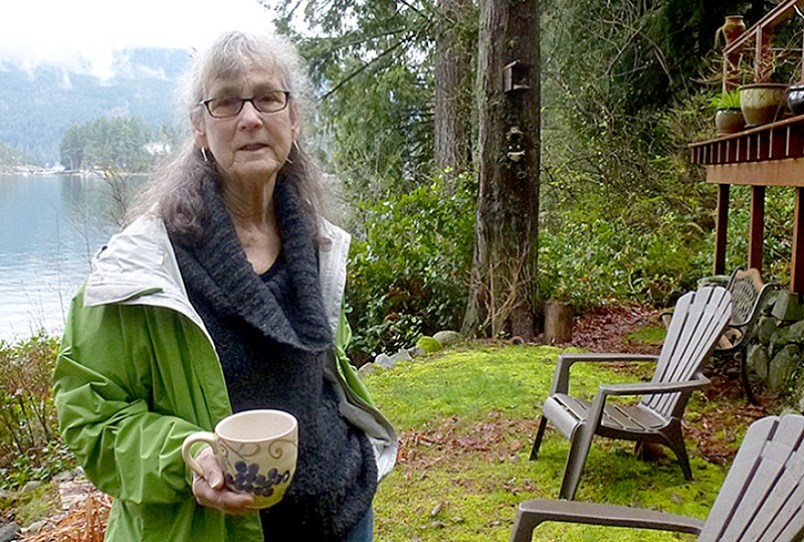Metro Vancouver’s six-year battle to evict a group of cabin-dwellers from Belcarra Regional Park is heading back to court.
The effort to remove the longtime residents hit a legal roadblock in February when B.C.’s Residential Tenancy Branch failed to uphold the region’s two-month notice to vacate.
Now, Metro Vancouver is taking the residents to court, saying the arbitrator’s decision should be set aside or remitted back to the tenancy branch for a new hearing. The regional district has stated it intends to use the land for public park space and retain the cabins as an “interpretive landscape display.”
But because the land use has not been determined for one of the cabins, the arbitrator said the region had not established the property would be used for purposes other than residential.
In its petition to the court, Metro Vancouver said it has been clear about its intentions for the property.
“The entirety of the evidence was that the whole of the rental property, including all of the cabins, would cease any residential use and be converted to non-residential use as public park land,” said Metro’s court document.
The petition is the latest battle in a six-year legal dispute between Metro Vancouver and the residents of seven cabins in Belcarra Regional Park, who rent their cabins on the eastern shoreline of Indian Arm.
The regional district, which owns the land, wants to demolish several of the cottages to improve waterfront access and provide more parking for park visitors. The plan also calls for the construction of a 700-metre trail, two toilet facilities and the restoration of natural habitat around a pond and the cottages. Metro Vancouver estimates the total cost for the project will be about $4.3 million.
Jo Ledingham, who has lived in one of the cottages for 17 years, and first started visiting it in the summers starting in 1964, said the long legal fight has been frustrating for residents.
“There’s huge anxiety,” she said. “It takes a toll. It becomes your life.
“That anxiety can also make you dig your heels in and say this isn’t right,” she added.
Ledingham said she would like to see an arrangement where residents of the cabins continue to reside in the park even as Metro improves waterfront access.
But she said the region seems determined to move ahead with its plans, even if it means evicting the residents.
“They will just keep doing this,” she said. “It is taking them longer than they wanted.”



